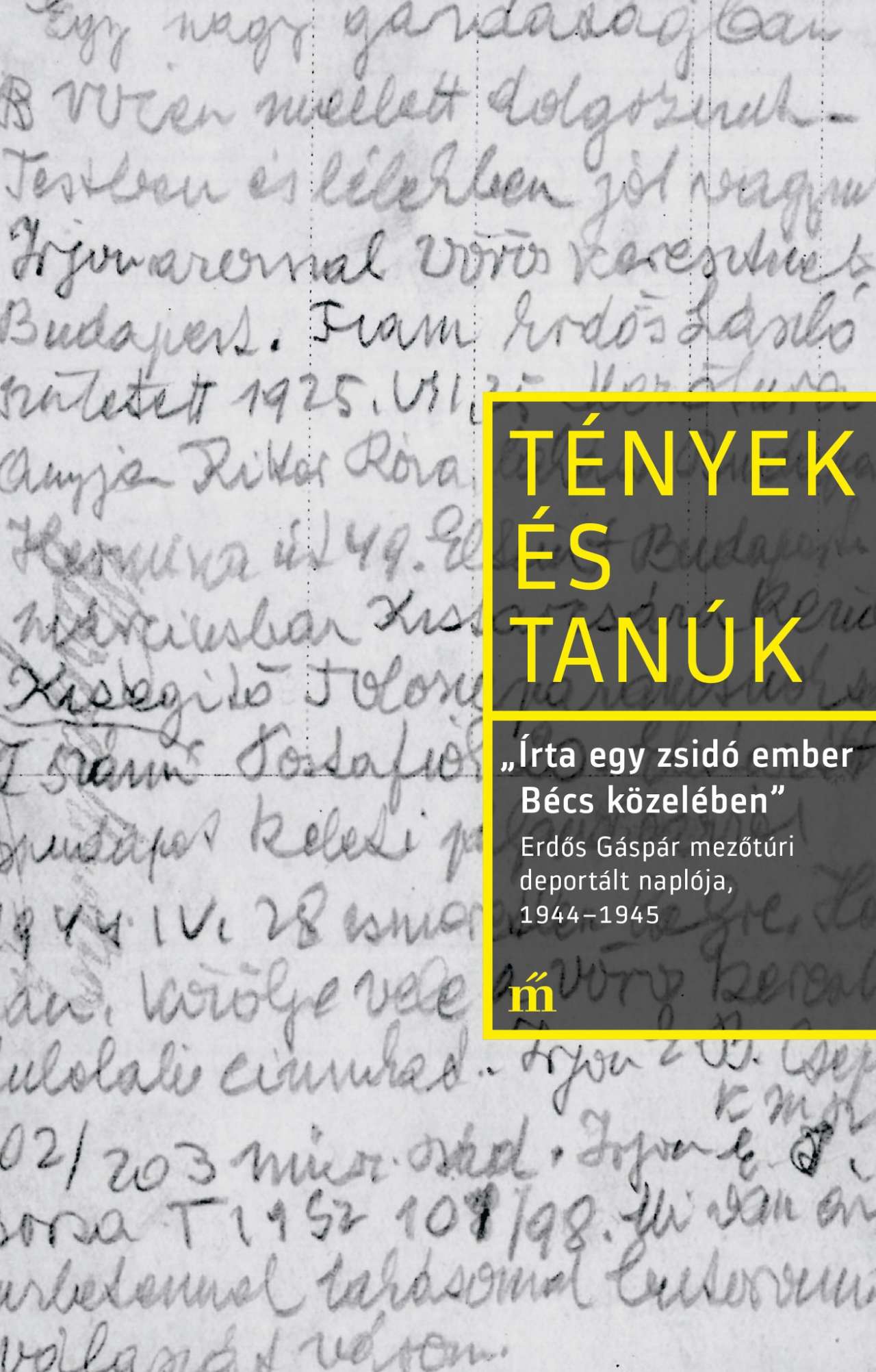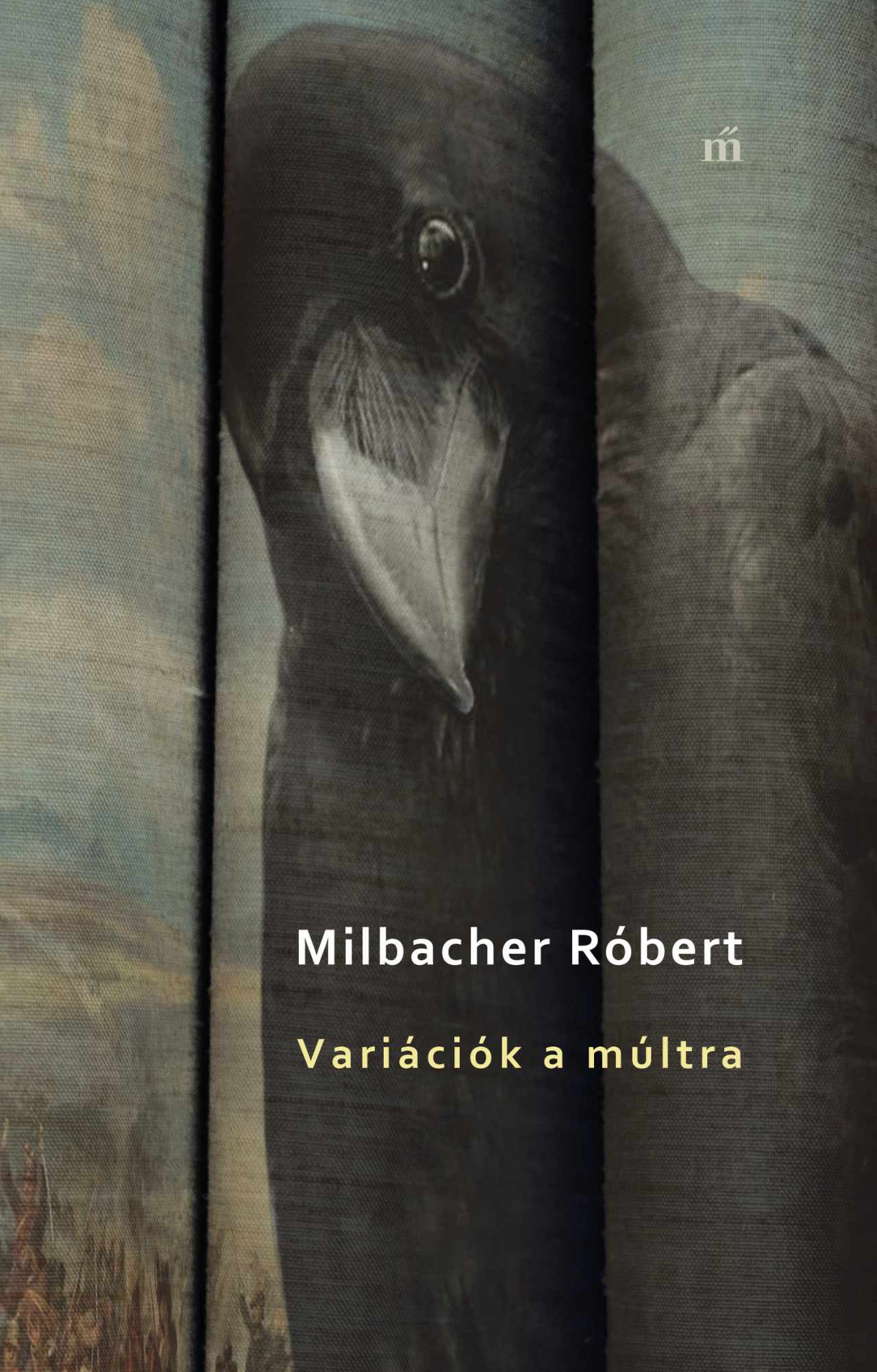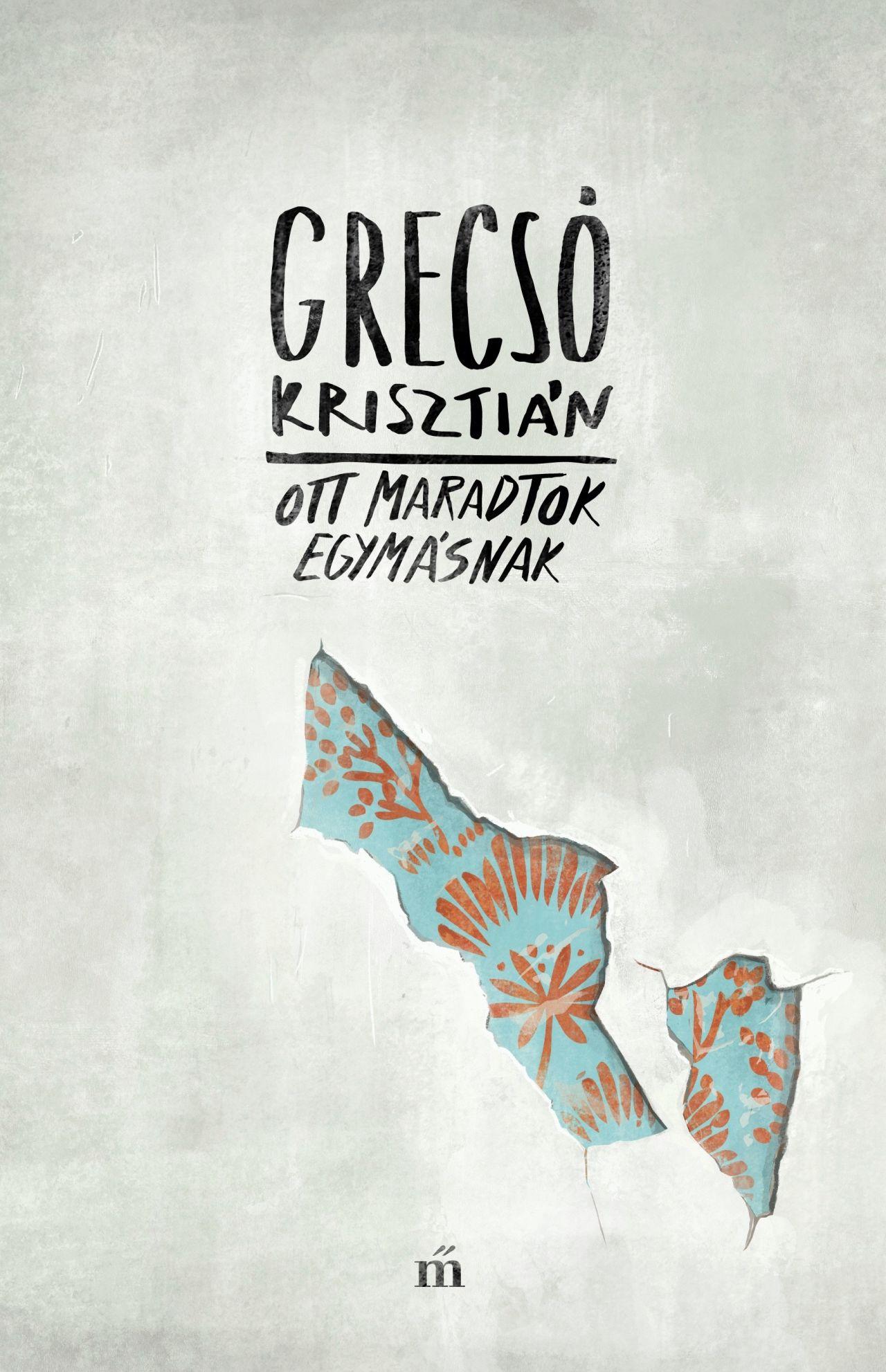 Fiction Review: “Seiobo there below” by Laszlo Krasznahorkai (The Ofi Press)
(kiadvány: Seiobo járt odalent)
When Susan Sonntag called him “the contemporary Hungarian master of apocalypse who inspires comparison with Gogol and Melville”, she was indisputably right. The universality of Krasznahorkai’s work places him firmly in this illustrious lineage, and prompts comparisons with Sebald, Beckett, and Sartre. “Seiobo there below”, his fifth work to be translated in English (by Ottilie Mulzet, who received the Best Translated Book Award this year for her rendition) is a charismatic narrative of seventeen distinct stories, each set in a different time and geographical area, and with its own protagonists: artists (real or fictional), murderers, kings and queens, priests and gods. The temporal and physical background shifts abruptly— sometimes within the same story— from contemporary Japan and Greece, to ancient Persia, Renaissance Italy, medieval Japan, Moorish Spain, and back to present day locations. It represents, perhaps, a reflection of the writer’s own travels across Asia, in the past decade, searching for the sacred. Those who loved “Satantango” and “War & War” will delight once again in the unparagraphed prose of endlessly revolving, implacable sentences, and in the unique narrative logic, because their “elasticity, if it can be expressed like that, is unbelievable” (to use the novelist’s own words). The stories articulate perfectly, albeit mysteriously at the beginning, just like the central ideas within them, while Krasznahorkai emphasizes the dependence upon past episodes by numbering chapters according to the Fibonacci sequence, where each number is the sum of the previous two. Still, the joints are so delicate, like those of a feminine deity, and so troublesome to dissect, that the moves of the whole organism might seem, at times, erratic and unexplainable; the transitions from the exalted to the commonplace, unnerving. Until the masterful plan is revealed, sooner or later: on the treacherous road laid out for him, where the pace is slow (sometimes unbearably so), the traveller-reader — lured by a vague initial promise of Eastern transcendence— becomes actant here, spectator there, confidant elsewhere, only to be suddenly banished to landscapes of hellish despair with the turn of a phrase, to experience Krasznahorkai’s own version of a Dantesque Bolgia. There, transcendence fails, or is aborted. As T.S. Eliot thought, in time “the world becomes stranger, the pattern more complicated.” The master constructor’s display of erudition (in art, history, and religion) astonishes, though it is merely a pretext for exposing the reader to the one remaining alternative, the one path to redemption: beauty — strange, disquieting, unsatisfying, but ultimately pacifying. This beauty, its relationship with truth, and their perception by the fallible human psyche, become the underlayer upon which, chapter after chapter, a strange esthetic is built, a meditation with nuances of literary testament, unlike any other in modern literature, except perhaps Yourcenar’s “Oriental Tales”. [...] www.ofipress.com/krasznahorkailaszlo.htm - 09. 12. 2014 www.ofipress.com Published in issue 39 of The Ofi Press 2014-12-09 13:01:50
|
 |
|











